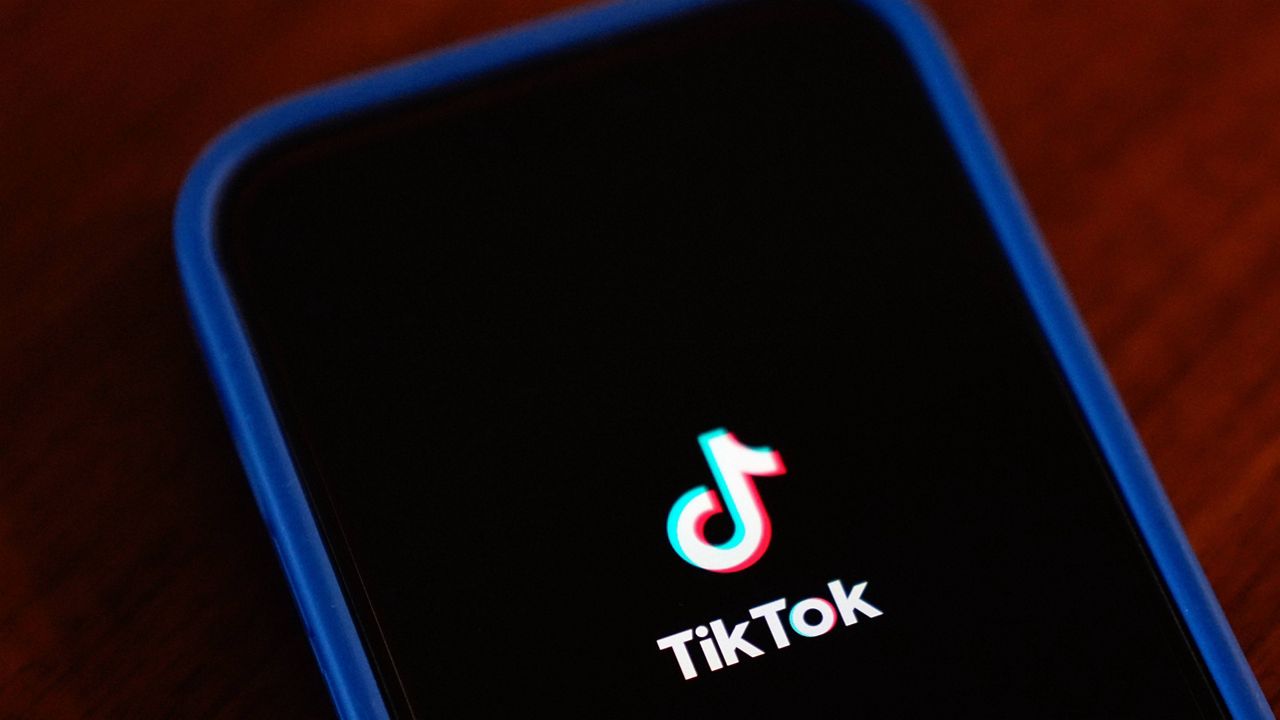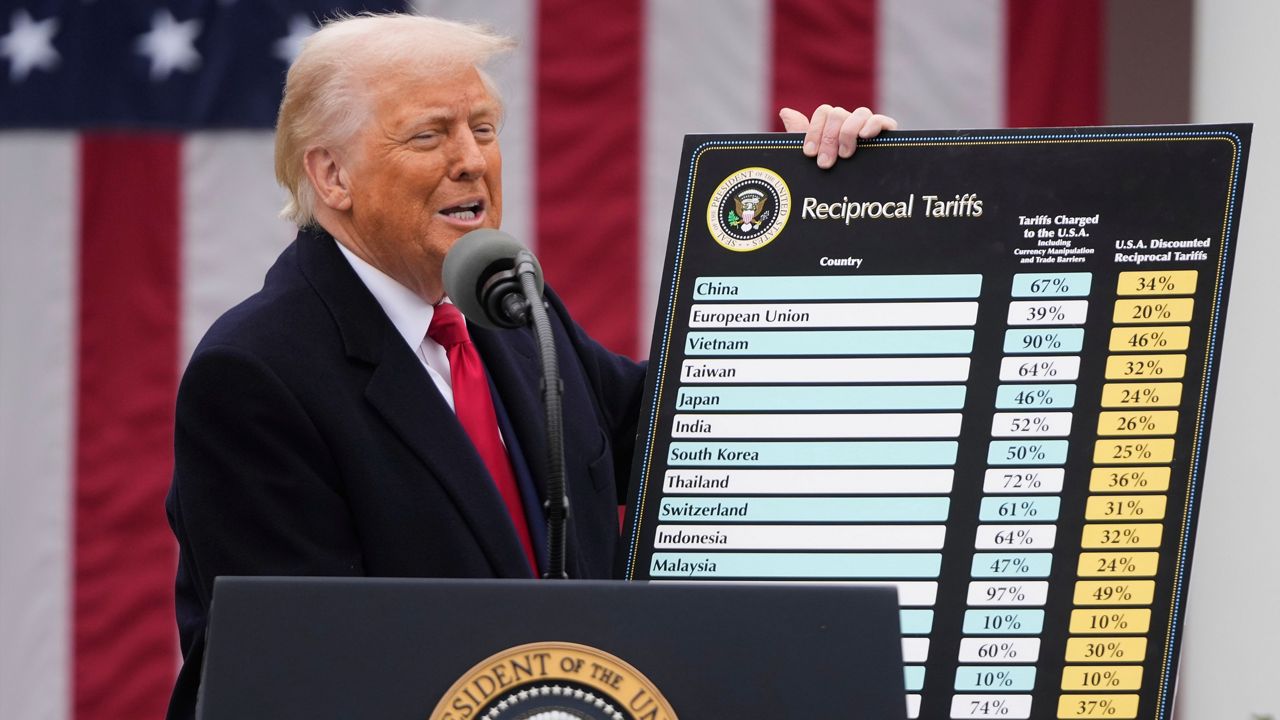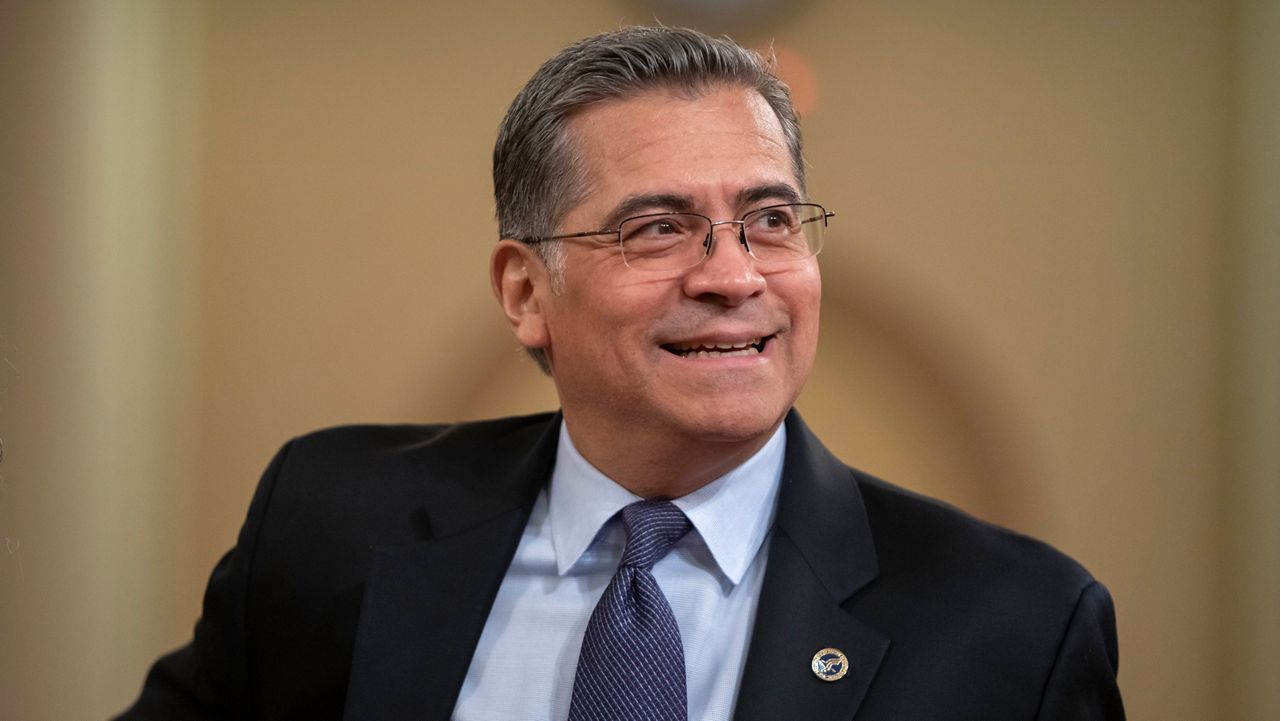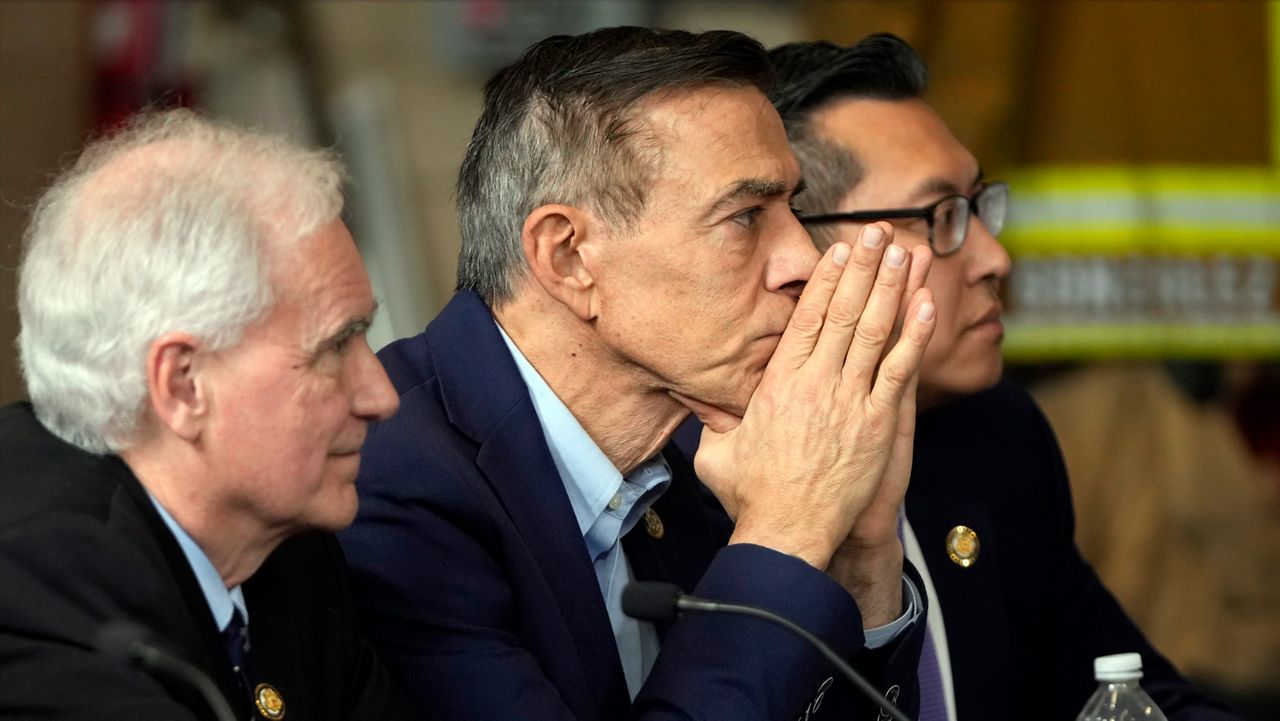WASHINGTON — A group of bipartisan lawmakers from Florida first learned of election security breaches by Russian hackers from a single line tucked into Special Counsel Robert Mueller’s report.
Now, they’re working together to ensure others don’t have to be informed of election system intrusions this way in the future.
- HR 3529 would require notification of election system breaches
- State, local officials, certain members of Congress, even voters impacted
- Bill has bipartisan support among Florida lawmakers
- PREVIOUS STORIES:
Representatives Michael Waltz, (R) Florida 6th District, and Stephanie Murphy, (D) Florida 7th District, are introducing H.R. 3529 – the Achieving Lasting Electoral Reforms on Transparency and Security (ALERTS Act), which would require the Dept. of Homeland Security to notify state and local officials, certain members of Congress and voters personally impacted by an election system breach.
“We were incensed to find out through the Mueller report that two counties in Florida were penetrated, and that no one in Congress was notified over a period of years,” Rep. Michael Waltz said in an interview with Spectrum News.
Waltz and Murphy, two lawmakers who have a background in military national security are sponsoring the bill, along with 13 other members of the Florida delegation. The bipartisan duo have been leading the charge for more transparency, demanding a classified briefing from the U.S. Dept. of Justice and the Federal Bureau of Investigation for the entire Florida delegation to get more information about the breaches in May.
“The FBI did not offer a briefing," Waltz said. "We had to request it in writing after that one line in the Mueller report that said two Florida counties were successfully penetrated. We had to request that of the FBI, and of course our first question is, why are we having to ask for this? Why wasn’t this part of your notification protocol?”
“I think it’s incredibly important for members of Congress, state and local officials as well as the voting public to know when an election hack has happened,” Rep. Stephanie Murphy said in an interview with Spectrum News.
“We need to know so we can respond and make sure that it doesn’t happen again,” she said.
During the classified briefing, Florida lawmakers learned more about the two counties infiltrated by Russian hackers in 2016, although the identities of the two counties are still classified and have not been officially released to the public.
It is unclear if this legislation would change that classification status, because it has a narrow provision that would block notification efforts if it would compromise national security or ongoing criminal investigations.
“What I’m looking at, from my perspective, how is the intelligence community, how is the Dept. of Defense, how is the FBI and Homeland Security all working together to make sure we have the appropriate intelligence, to make sure we have the appropriate defenses at a federal level, and to make sure that those are communicated down to the counties and the states. And if there’s some kind of breach, that Congress is notified,” Waltz said.
Members on both sides of the aisle in the Florida delegation say it is crucial that there is prompt communication from federal officials of future compromises in election infrastructure so they can react appropriately.
“I think Congress’ responsibility of both oversight and appropriations requires that we get timely notification when an election system is hacked, because that allows us to make sure that the response is adequate,” Murphy explained.
“It also informs us when we think about appropriating money into election security,” she added.
This bill has been in the works for a few months. Members on both sides of the aisle in the U.S. Senate are working to introduce similar legislation. When asked about the bill by Spectrum News, Sen. Marco Rubio, (R) Florida, said he would be open to considering it.
“I have to see the bill, I certainly support the concept. I’ve worked hard to get election officials in the states security clearance so they could be told in real time about the threats,” Sen. Rubio said.
Rubio, a prominent member of the Senate Intelligence Committee, had been made aware of the hacking much earlier, but was unable to share classified information with the public or some of his colleagues in Congress. However, the senior senator has been vocal about the potential of breaches by foreign adversaries for over a year, warning state and local election officials to be vigilant.
“I think where it gets complicated is the way we found out about what the Russians or anybody did, if we told people and it got out, we would lose the ability to continue to monitor them. Because whoever did it would figure out how we know they are doing it and will stop doing it that way. So, that’s always the tricky part,” he explained.









